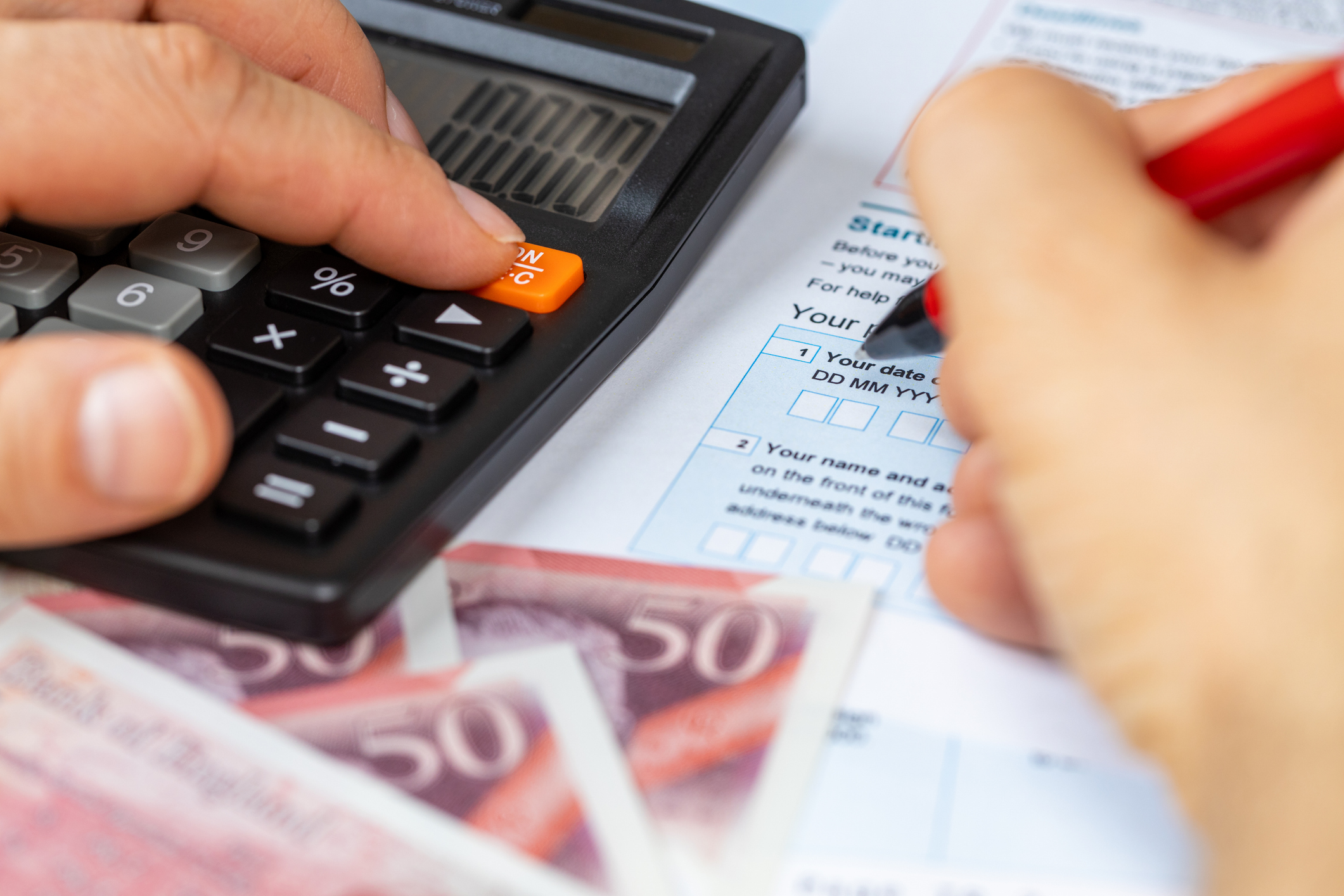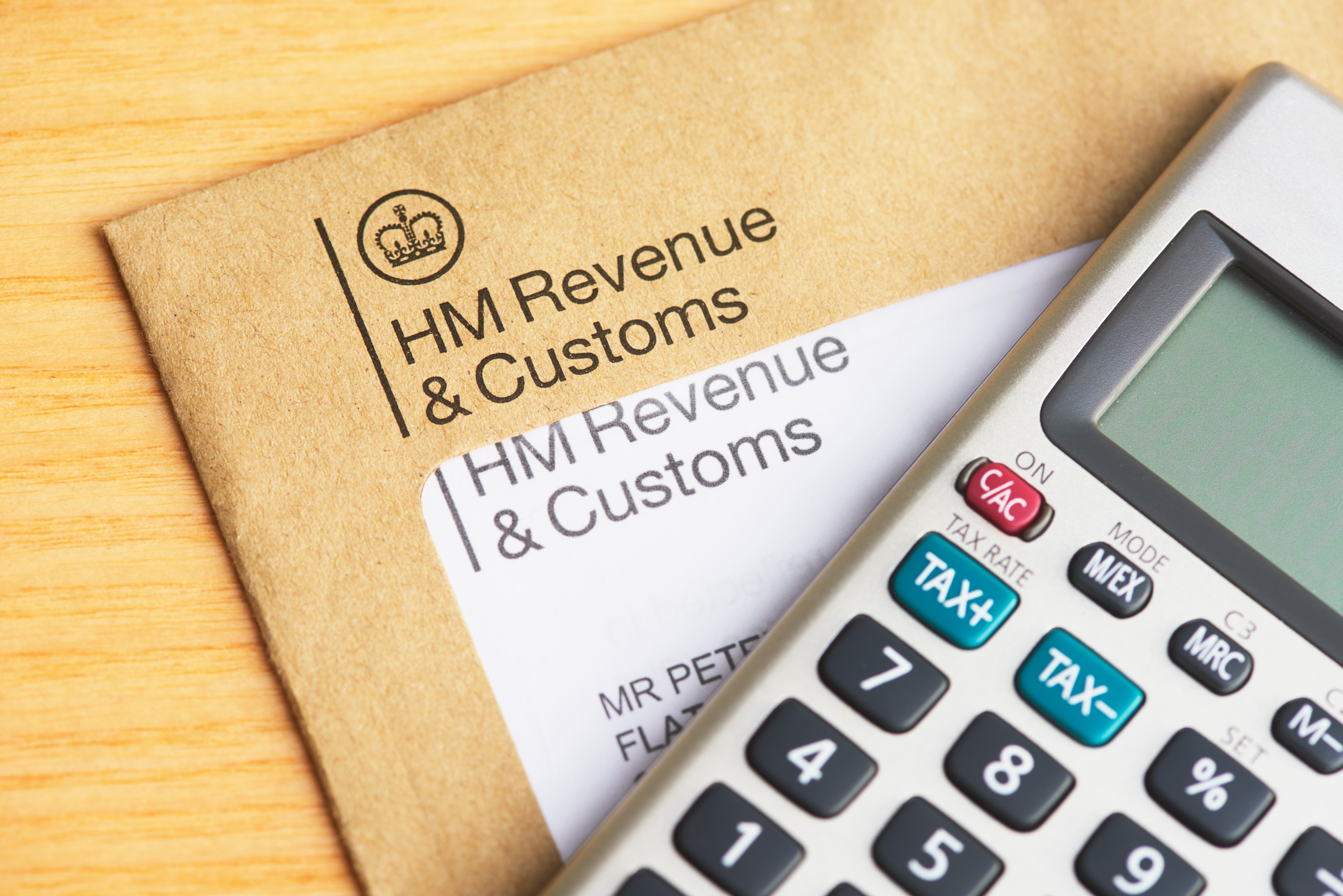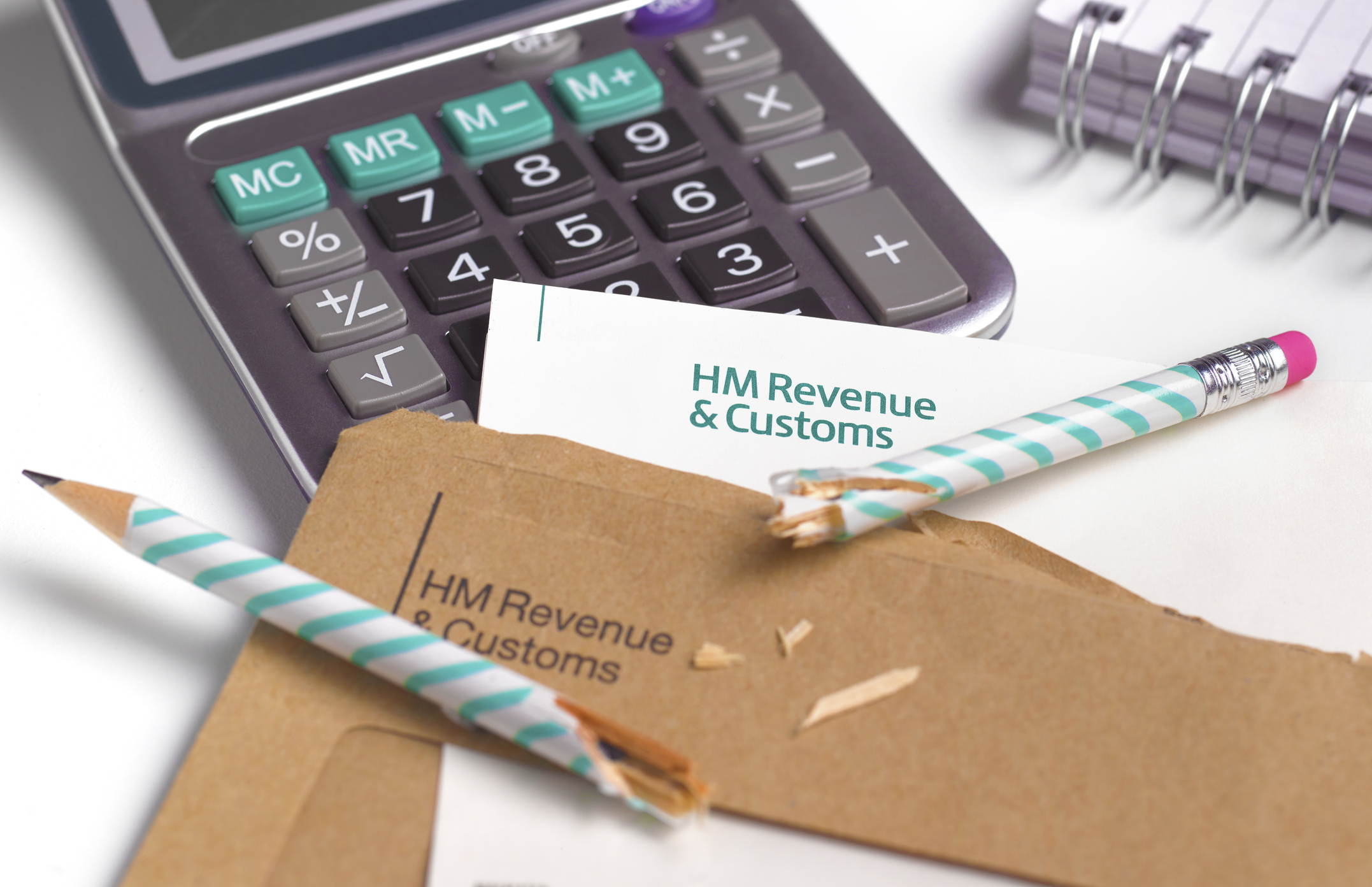HMRC rewarded tax informants with £850,000 as record fraud tip-offs sent to taxman last year
The taxman was tipped off about 164,670 cases of alleged fraud last year, but total rewards given to snoops fell in the 2024/5 tax year.


Get the latest financial news, insights and expert analysis from our award-winning MoneyWeek team, to help you understand what really matters when it comes to your finances.
You are now subscribed
Your newsletter sign-up was successful
Want to add more newsletters?

Twice daily
MoneyWeek
Get the latest financial news, insights and expert analysis from our award-winning MoneyWeek team, to help you understand what really matters when it comes to your finances.

Four times a week
Look After My Bills
Sign up to our free money-saving newsletter, filled with the latest news and expert advice to help you find the best tips and deals for managing your bills. Start saving today!
A record number of tip-offs on alleged fraud were sent to HMRC in the last tax year, as informants reported individuals and firms they believed to be cheating the system.
The taxman received 164,670 anonymous tip-offs of alleged tax offences through its fraud hotline channels in the 2024/25 tax year, a 9% increase on the 2023/24 tax year when 151,763 reports were received.
A combined total of £852,438 was given to informants whose tip-offs provided actionable intelligence on tax fraud, 13% less than was given by HMRC in the previous tax year (£978,256), according to a Freedom of Information (FoI) request by Price Bailey.
MoneyWeek
Subscribe to MoneyWeek today and get your first six magazine issues absolutely FREE

Sign up to Money Morning
Don't miss the latest investment and personal finances news, market analysis, plus money-saving tips with our free twice-daily newsletter
Don't miss the latest investment and personal finances news, market analysis, plus money-saving tips with our free twice-daily newsletter
The declining number of rewards paid and the increasing number of tip-offs suggests HMRC is being inundated with more low-value or unverifiable evidence while getting even less valuable information that would merit discretionary payments, the chartered accountancy said.
Furthermore, as more people realise HMRC offers rewards for information about suspected tax fraud, Price Bailey says the taxman is having to contend with growing numbers of speculative, exaggerated, or malicious claims.
The scheme is designed to reward informants who give the taxman actionable information about alleged tax fraud and is one way the government has tried to close the £5.5 billion ‘tax gap’, the difference between the amount of tax owed and the amount of tax actually paid.
Unlike systems elsewhere in the world, like the United States, HMRC does not reward informants with a percentage of the tax collected, but instead offers discretionary, modest payments to informants.
Andrew Park, tax investigations partner at Price Bailey, said “the current reward system lacks both scale and clarity” at a time when the taxman is increasingly depending on taxpayer intelligence.
“If HMRC wants informants to deliver high-value intelligence, it must rethink how it rewards risk and insight. A transparent, percentage-based system – like the one used by the IRS – would offer real incentives for exposing major fraud,” he added.
HMRC is set to shake-up how it rewards tax snoops
While the current reward system currently works to a certain extent, with over 164,000 tip- offs being received, HMRC seems alive to concerns such as those articulated by Park.
In March, a new whistleblower scheme was announced by HMRC as part of its efforts to crack down on tax fraud.
The new regime is more clearly inspired by the one used by the United States’ Internal Revenue Service (IRS) and will reward whistleblowers with a percentage cut of any tax that is recovered, though precise details are yet to be announced.
Park at Price Bailey says the new regime “could be a game-changer, but it must balance the right incentives with selectivity to avoid flooding the system with more noise”.
This is echoed by Kate Ison, partner at BCLP, who says: “The experience of the IRS shows that substantial amounts of money can be recouped by paying informants tax geared sums.
“HMRC’s current scheme has never really offered the right incentives to encourage major whistleblowers to come forward.”
How to report tax fraud to HMRC
If you know or suspect that an organisation or individual is committing tax fraud, the government urges you to report it.
You are able to make a report when you suspect that someone is defrauding HMRC in a number of ways, including:
- Tax avoidance or evasion
- Child Benefit or tax credit fraud
- Hiding or moving assets, cash, or crypto
- Illicit alcohol, tobacco, and road fuel
- Smuggling of precious metals
- Importing or exporting goods without a licence
- Importing or exporting goods that are subject to sanctions
To make a report, you can either use the form on gov.uk’s online portal or contact the HMRC fraud hotline on 0800 788 887.
You will not necessarily be given a reward just for tipping HMRC off to the suspected fraud.
Rewards are only given to informants who provide actionable information that the taxman can use to recover lost tax. Additionally, reward payments are not bound by precise rules and are discretionary.
Park at Price Bailey explains: “HMRC makes payment for tip-offs on a case-by-case basis, determined by discretion rather than a fixed percentage of recovered tax”.
“There's no published formula linking the quality of intelligence to the tax revenue secured, which means whistleblowers can't predict whether their efforts will be rewarded,” he adds.
Get the latest financial news, insights and expert analysis from our award-winning MoneyWeek team, to help you understand what really matters when it comes to your finances.

Daniel is a financial journalist at MoneyWeek, writing about personal finance, economics, property, politics, and investing.
He covers savings, political news and enjoys translating economic data into simple English, and explaining what it means for your wallet.
Daniel joined MoneyWeek in January 2025. He previously worked at The Economist in their Audience team and read history at Emmanuel College, Cambridge, specialising in the history of political thought.
In his free time, he likes reading, walking around Hampstead Heath, and cooking overambitious meals.
-
 Should you buy an active ETF?
Should you buy an active ETF?ETFs are often mischaracterised as passive products, but they can be a convenient way to add active management to your portfolio
-
 Power up your pension before 5 April – easy ways to save before the tax year end
Power up your pension before 5 April – easy ways to save before the tax year endWith the end of the tax year looming, pension savers currently have a window to review and maximise what’s going into their retirement funds – we look at how
-
 Two million taxpayers to be hit by £100k tax trap by 2026/27
Two million taxpayers to be hit by £100k tax trap by 2026/27Frozen thresholds mean more people than ever are set to pay an effective income tax rate of 60% as their earnings increase beyond £100,000. We look at why, as well as how you can avoid being caught in the trap.
-
 13 tax changes in 2026 – which taxes are going up?
13 tax changes in 2026 – which taxes are going up?As 2026 gets underway, we look at what lies ahead in terms of changes to tax rates and allowances this year and how it will affect you.
-
 How to limit how much of your Christmas bonus goes to the taxman
How to limit how much of your Christmas bonus goes to the taxmanIt's Christmas bonus season but the boosted pay packet may mean much of your hard-earned reward ends up with HMRC instead of in your pocket
-
 Over 1 million pay 45% rate of income tax as fiscal drag bites
Over 1 million pay 45% rate of income tax as fiscal drag bitesHundreds of thousands more people are being pushed into the additional rate tax band by fiscal drag
-
 'I've used my annual ISA allowance. How can I shield my savings from tax?'
'I've used my annual ISA allowance. How can I shield my savings from tax?'As millions face paying tax on savings interest, we explore how to protect your money from the taxman. If you've used up your ISA allowance, we look at the other tax-efficient options.
-
 Simple assessment explained as millions brace for unexpected tax bills
Simple assessment explained as millions brace for unexpected tax billsIncreasing numbers of people could get letters from HMRC saying they owe more tax due to frozen thresholds, under a system known as simple assessment. Here is what it means for you.
-
 What are wealth taxes and would they work in Britain?
What are wealth taxes and would they work in Britain?The Treasury is short of cash and mulling over how it can get its hands on more money to plug the gap. Could wealth taxes do the trick?
-
 When is the self-assessment tax return deadline?
When is the self-assessment tax return deadline?If you are self-employed, rent out a property or earn income from savings or investments, you may need to complete a self-assessment tax return. We run through the deadlines you need to know about